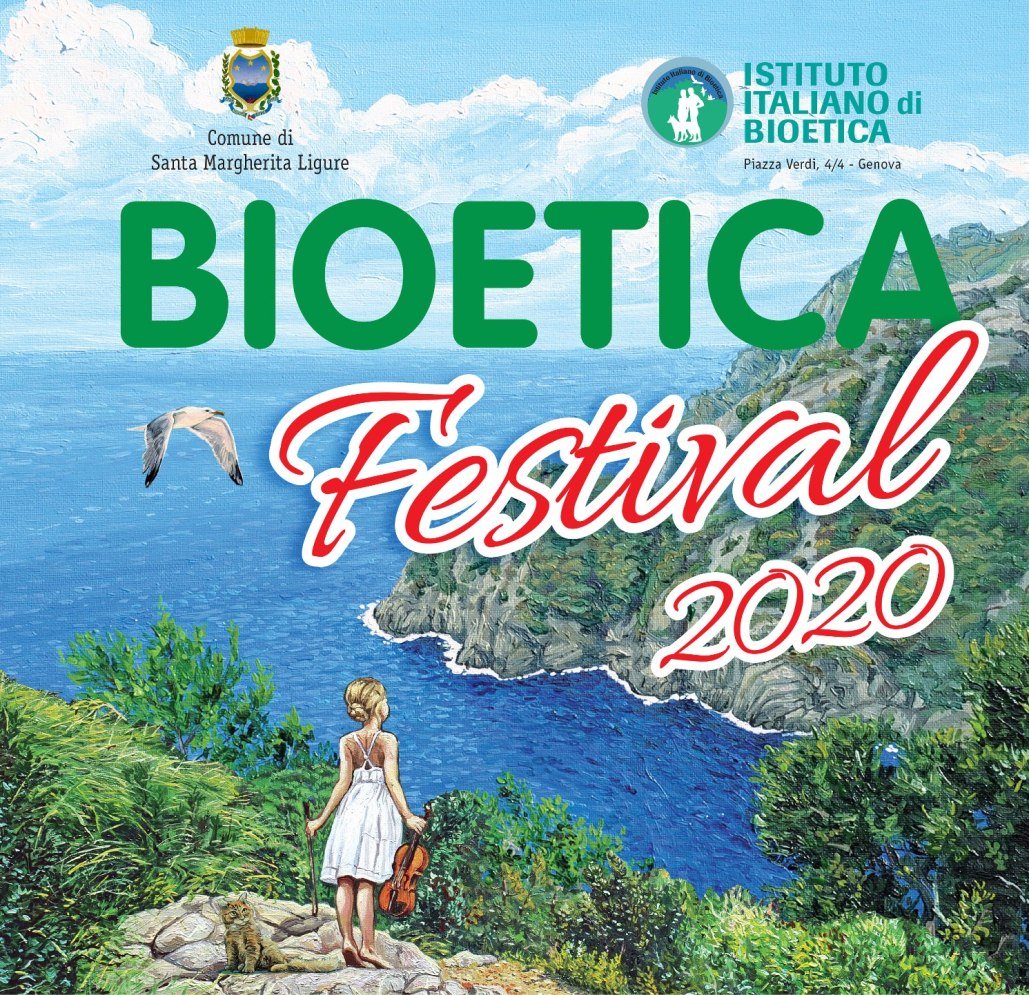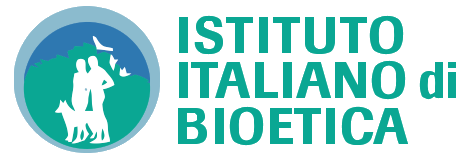COMUNICATO STAMPA DEL COMITATO PERMANENTE DI CONSENSO E COORDINAMENTO PER LE MEDICINE NON CONVENZIONALI IN ITALIA CIRCA L'ARTICOLO PUBBLICATO SUL "LANCET" E RELATIVA DIFFUSIONE SUI MEDIA ITALIANI
In attesa di poter esaminare in modo approfondito il testo complete del lavoro comparso ieri, venerdi 26 agosto, sulla prestigiosa rivista Lancet, a firma di Aijing Shang e coll.: Are the clinical effects of homoeopathy placebo effects? Comparative study of placebo-controlled trials of homoeopathy and allopathy ci sembra opportuno esporre nell’immediato alcune brevi considerazioni. Innanzitutto la ricerca non è un nuovo studio clinico sull’efficacia dell’omeopatia confrontato con gli effetti del placebo ma è piuttosto una ricerca (metanalisi) realizzata su studi precedenti condotti in questi anni e pubblicati in diversi ambiti. Su questi studi (110) considerati sufficientemente corretti come disegno ne sono stati selezionati un certo numero di maggiore rigore metodologico da cui risulterebbe che i risultati prodotti in diverse patologie con il trattamento omeopatico non differiscono in modo significativo da quelli ottenuti con l’uso di placebo. Pur non volendosi sottrarre a prove di efficacia che rispondono ai criteri della moderna medicina basata sull’evidenza, va ricordato che da sempre risulta difficile (ma non impossibile) sottoporre una terapia fortemente individualizzata come l’omeopatia, in cui il trattamento viene selezionato sulla base delle modalità specifiche con cui ciascun disturbo si manifesta in ogni singolo paziente, a una verifica con criteri estremamente rigorosi, pertanto “rigidi”, che mal si adattano alla specificità del trattamento omeopatico. In altre parole se si selezionano gli studi che utilizzano criteri molto restrittivi di valutazione, allora ne soffre l’applicazione del metodo omeopatico e i risultati in termini di efficacia risultano minori, a ciò va aggiunto che i trials in doppio cieco sono inadeguati per valutare la risposta di sistemi biologici complessi, quale l'essere umano, a terapie omeopatiche, la cui conoscenza e applicazione richiedono profonda competenze specifiche ed esperienza di attività clinica.
Vale comunque la pena di ricordare che pochi anni fa (1997) ricercatori tedeschi indipendenti (K. Linde e coll.) avevano pubblicato sulla stessa prestigiosa rivista un’analoga ricerca, Are the clinical effects of homoeopathy all placebo effects? A meta-analysis of randomized, placebo controlled trials. Lancet: 350: 834-843 una metanalisi sugli studi condotti sull’efficacia dell’omeopatia e avevano concluso, come altri in precedenza (J. Kleijnen e coll. Brit. Med. J. 302: 316-323, 1991) con considerazioni esattamente opposte e cioè che l’omeopatia aveva un’efficacia superiore a quella del placebo.
Ora è chiaro che la situazione è in costante divenire, dato che ogni giorno vengono prodotti trials clinici che dimostrano l’efficacia della terapia omeopatica in diverse patologie e siamo ben lontani dal decretare che questa ricerca mette fine all’omeopatia come qualcuno sostiene (e spera). Tanto più che per valutare l'efficacia dell'omeopatia sono stati arbitrariamente scelti, in modo "metodologicamente corretto", come nel caso in questione, parametri indicativi di efficacia con una operazione di pulizia scientifica. In altre parole il lavoro è stato costruito da allopati con criteri allopatici. E' come se un oste facesse un confronto tra il suo vino e l'acqua per concludere che il vino, anzi il suo vino è più buono. Invece vi è la necessità di nuovi paradigmi nel pluralismo della scienza per costruire una medicina umanistica scientificamente fondata che superi il riduzionismo attuale.
Quello che risulta evidente è che esiste in questa fase una forte insofferenza di una parte del mondo medico e farmaceutico convenzionale (il complesso sanitario industriale, da cui passa la maggior parte delle risorse sanitarie, incide a volte in modo pericolosamente negativo sull'etica, l'autonomia e i risultati della ricerche, basta vedere il condizionamento della pubblicità su prestigiose riviste biomediche) nei confronti del crescente consumo di farmaci omeopatici e della diffusione dell’omeopatia fra i pazienti, e soprattutto dell’avanzare di un processo di una sempre maggiore integrazione delle medicine non convenzionali, e dell’omeopatia che fra queste è la più diffusa, nel Sistema Sanitario Nazionale, un fenomeno che non è solo italiano ma riguarda l’Europa e gli Stati Uniti. Cresce l’integrazione a livello accademico, a livello Regionale, a livello ordinistico, a livello di Organizzazione Mondiale della Sanità; siamo in attesa che si concluda in tempi brevi l’iter parlamentare della proposta di legge di regolamentazione delle medicine e pratiche non convenzionali e conseguentemente cresce e si radicalizza anche l’opposizione a questo processo normativo, che utilizza il dato scientifico e ne fa uno strumento di propaganda interessata.
Il Coordinatore, Dott. Paolo Roberti
www.fondazionericci.it/comitato
PRESS RELEASE OF THE PERMANENT CONSENSUS AND COORDINATION COMMITTEE FOR NON-CONVENTIONAL MEDICINES IN ITALY WITH REGARDS TO THE ARTICLE ISSUED BY THE LANCET AND TRASMITTED TO THE ITALIAN PRESS
Waiting to read the complete text of the article issued on Friday 26th by the prestigious journal Lancet, signed by Aijing Shang and Coll.: Are the clinical effects of homeopathy placebo effects? Comparative study of placebo-controlled trials of homeopathy and allopathy, we find it necessary to make here some brief considerations. First of all the research mentioned in the article is not a new clinical study on the effectiveness of homeopathy versus placebo treatments, but rather a research (meta-analysis) on previous studies carried out in the last few years and published in different field magazines. Of all the studies (110) proved to be sufficiently correct a certain number were selected on account of their higher methodological rigor. The results obtained in the treatment of some pathologies seemed not to be remarkably different from those achieved with placeboes. Even if efficacy tests, meeting the criteria of modern evidence-based medicine, can be used to assess homeopathy, it should be reminded that, being a highly individualized therapy – with treatments chosen on the basis of each patient’s specific symptoms- it has always been difficult (though not impossible) to use too rigorous/rigid assessment criteria. If such criteria were applied, homeopathy application method would be affected and the efficacy results would be lower. Besides double blind trials are inadequate to assess the response of complex biological systems, such as that of human beings, to homeopathic treatments, as the latter require for their administration highly specific competence and clinical experience.
It is worth reminding, though, that a few years ago (1997) some independent German researchers (K. Linde and coll.) published a similar article on the same prestigious journal “Are the clinical effects of homeopathy all placebo effects? A meta-analysis of randomized, placebo controlled trials. Lancet: 350: 834-843” . It was a meta-analysis of studies carried out on the efficacy of homeopathy by which the authors, as others had done before them (J. Kleijnen and coll. Brit. Med. J. 302: 316-323, 1991), confirmed the opposite, that is a higher efficacy of homeopathic treatments compared to placeboes.
It is evident that the situation is constantly updated as every day new clinical trials are conceived to prove the efficacy of homeopathic therapies in the treatment of various pathologies; therefore the idea that the above mentioned research declares the end of homeopathy, as someone believes (and probably wishes) is all the more unfounded. Besides the parameters selected to assess the efficacy of homeopathy are often methodologically correct, as in this case, but come through a scientific cleansing. In other words the study was carried out by allopaths using allopathic criteria. More or less the same as if a wine seller compared his wine with a bottle of water and in the end decided that his wine is much better. New paradigms are needed to develop a humanistic medicine based on science which puts an end to the current widespread reductionism.
What is clear is that today a good share of the conventional pharmaceutical and medical world (the industrial health system, producing most health resources, risks sometimes to affect the ethics, independence and results of the researches, as confirmed by the conditioning of advertising in prestigious biomedical journals) is suffering from the growing use of homeopathic remedies by patients, and by the increasing integration of non conventional medicines, homeopathy ranking first, in the National Health System, in Italy as well as in Europe and in the US. The integration involves the academic world, the regional health systems and the World Health Organization itself. While we are waiting for the non-government bill on the official acknowledgement of non conventional medicines and practices to go through the parliamentary process the opposition to such legislative action is exacerbated.
The Coordinator, Dr. Paolo Roberti
www.fondazionericci.it/comitato


